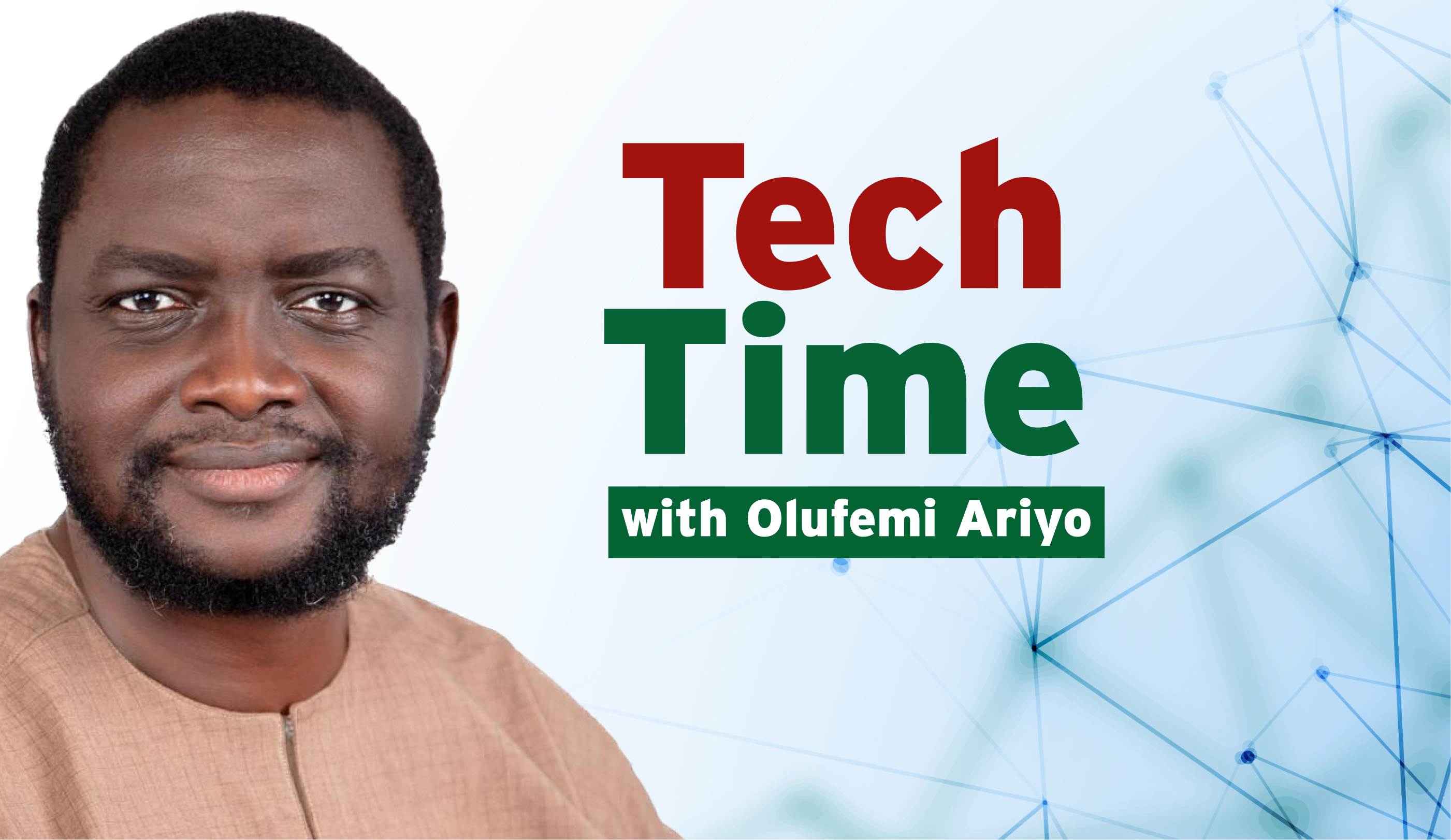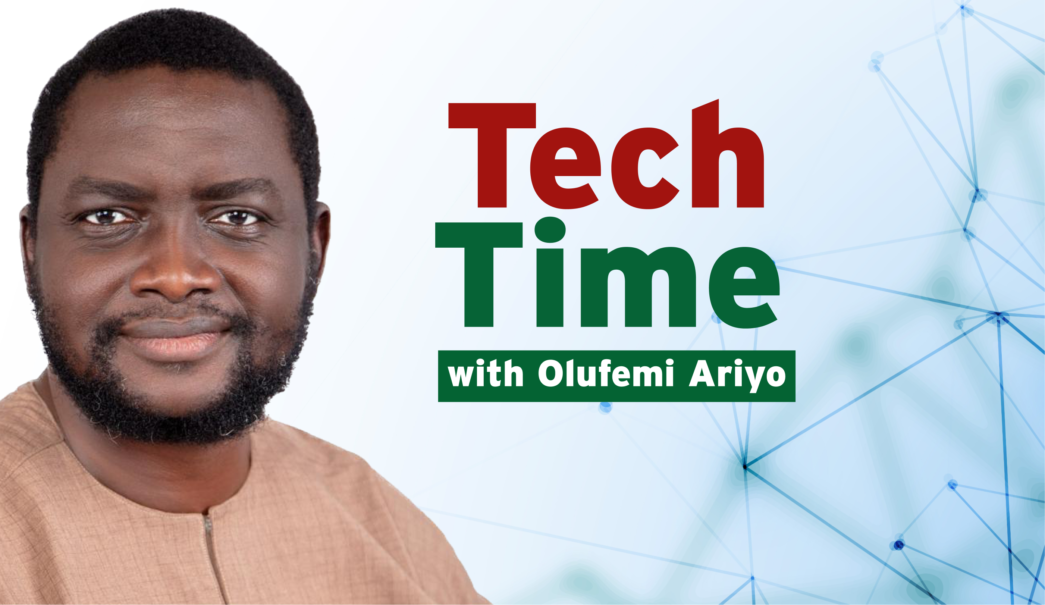“We must ensure that young people are equipped with the education and skills they need to thrive in a rapidly changing world,” says António Guterres, UN Secretary-General.
Across the globe, millions of young people are entering the workforce only to face limited opportunities, rising unemployment, and a growing disconnect between what they have learned in school and the demands of the modern labor market. Education systems, in many cases, are struggling to keep pace with the rapid changes driven by technology, globalisation, and shifting economies. As a result, young people are often left unprepared, not just in technical skills, but in the soft skills, digital literacy, and adaptability required in today’s and tomorrow’s world of work. At the same time, employment systems are frequently rigid or outdated, failing to create inclusive pathways for youth, particularly those from marginalised backgrounds.
Addressing these challenges requires more than piecemeal reforms—it demands a coordinated, multi-stakeholder effort. No single institution can solve the complex, structural barriers facing youth today. Governments must lead with policy and investment; the private sector must help align education with real-world demands; educational institutions must modernise curricula and expand access; civil society organisations must amplify youth voices and bridge equity gaps; and, critically, young people themselves must be recognised as partners and innovators in shaping solutions. Only by working together can we build systems that equip youth not just to survive, but to thrive in the future of work.
1. Understanding the Problem: Youth Employment in a Changing World
Advertisement
Youth employment is one of the most pressing global challenges of the 21st century. In Nigeria, over 53% of young people aged 15–24 are either unemployed or underemployed, according to recent data from the National Bureau of Statistics. Many graduates leave school without market-relevant skills, entering a saturated labor market with limited formal job opportunities. The informal economy absorbs the majority of young workers, often under precarious conditions with no job security or career development prospects. Rapid population growth further intensifies the pressure, with millions more youth expected to enter the workforce in the coming years.
By contrast, Germany, while not without challenges, maintains one of the lowest youth unemployment rates in Europe, thanks in large part to its well-established dual vocational training system (the “Duales Ausbildungssystem”), which combines classroom instruction with hands-on work experience in companies. Young people in Germany are exposed early to career pathways and benefit from structured partnerships between schools, industry, and government. The contrast between Nigeria and Germany highlights how systemic design, policy commitment, and coordinated stakeholder action can produce radically different outcomes. Yet even in developed economies, the rise of automation, gig work, and digital disruption demands constant adaptation.
Moreover, addressing youth employment, whether in Lagos or Berlin, requires a multi-stakeholder approach. Governments must invest in education, infrastructure, and job creation while ensuring policies are inclusive and future-focused. International organisations like the UN, ILO, and World Bank can provide funding, technical expertise, and policy frameworks, particularly for countries facing structural limitations. The private sector plays a crucial role in identifying skills needs, creating job opportunities, and mentoring young workers. Meanwhile, youth organisations are vital for ensuring that young people are not just passive recipients but active contributors to the design and implementation of employment solutions. Only through collaboration across these sectors can we build resilient, inclusive pathways that prepare young people for a rapidly evolving world of work.
Advertisement
2. Education Systems: Reforming with Purpose
At the heart of the youth employment crisis lies a fundamental disconnect between education systems and labor market demands. In Nigeria, the education system is often criticised for its reliance on outdated curricula that prioritise rote learning over problem-solving, critical thinking, or digital literacy. Many public schools lack basic infrastructure (electricity, internet access, well-equipped laboratories) and a notable portion of teachers are undertrained or unprepared to deliver 21st-century skills. According to UNESCO, fewer than 10% of Nigerian secondary school graduates have access to any form of technical or vocational education, and even fewer receive digital or entrepreneurial training. The result is a generation of young people graduating with certificates, but without the competencies employers require.
In Germany, by contrast, the education system is more deliberately aligned with the labor market, thanks to strong collaboration between Ministries of Education, employers, and vocational institutions. The German model integrates career guidance, apprenticeships, and workplace learning from the secondary school level onward, ensuring that young people are prepared for actual job roles upon graduation. Additionally, teacher training is highly structured and continuously updated to reflect evolving industry needs, especially in sectors like advanced manufacturing, healthcare, and green energy. While Germany still faces challenges (such as integrating migrants and adapting to digital transformation) it benefits from a culture of educational planning that sees schools, companies, and policymakers as part of the same ecosystem.
Reforming education systems in countries like Nigeria requires a whole-of-society approach. Ministries of Education must prioritise curriculum reform, continuous modular teacher retraining, and infrastructure development. Schools and universities must build stronger links with industry to ensure relevance in what they teach. EdTech companies, local and global, can play a transformative role in expanding access to learning through digital platforms, mobile apps, and remote instruction. In Nigeria, organisations like uLesson and AltSchool Africa are beginning to fill some of these gaps, particularly for urban youth. Meanwhile, NGOs such as Freesia Foundation and Teach For Nigeria are helping bridge the equity divide by supporting marginalised learners, mentoring young teachers, and promoting inclusive education models.
Advertisement
In summary, the German example demonstrates that systemic collaboration, sustained policy investment, and cultural alignment between education and work are critical. For Nigeria, adapting these lessons in a locally grounded way (while addressing unique demographic and infrastructure realities) can lead to more resilient and future-ready education systems.
3. The Skills Gap: Who is Responsible?
One of the most persistent barriers to youth employment in both developed and developing countries is the growing skills gap (the disconnect between what young people are taught and what the labor market actually needs). This gap extends across three critical domains: soft skills (communication, teamwork, problem-solving), technical skills (industry-specific knowledge, trades), and digital skills (coding, data literacy, digital collaboration). In Nigeria, this gap is particularly severe. A large number of graduates leave school without the practical skills required in today’s workplace. Employers frequently report that job seekers lack not only technical abilities, but also the soft skills needed to function in modern, dynamic organisations.
In Germany, the situation is more balanced, though challenges still exist in keeping pace with technological disruption. The country’s vocational training programs are designed with direct input from employers, ensuring that students acquire the precise skills needed in sectors such as engineering, health care, and digital technology. Apprenticeships are not just optional, they are core to the education-to-work transition. Germany also benefits from a culture of lifelong learning, where workers are encouraged to continuously upskill through adult education programs and in-company training. The government and industry associations provide strong support for these efforts, reflecting a shared responsibility for preparing the workforce.
Advertisement
In Nigeria, the responsibility for bridging the skills gap is still too often seen as the job of schools alone. However, tackling this issue effectively requires shared ownership across multiple actors. Employers must move beyond passive complaints and become active partners in shaping curricula, offering internships, mentoring, and funding practical training. A few progressive companies, especially in tech and fintech sectors, have begun to do this – think Andela, Interswitch, or Currex (Currex, a Nigerian fintech and youth development company, leads the One Million Youth Rise initiative focused on equipping youth with digital skills and connecting them to meaningful employment opportunities.) but such efforts remain the exception. Vocational institutions, many of which are underfunded and stigmatised, must be modernised, better funded, and integrated into mainstream career pathways.
Online platforms like Coursera, Khan Academy, and LinkedIn Learning offer scalable ways to close knowledge gaps, especially in digital and business skills. While these are widely used in Germany as part of formal and informal education, in Nigeria, access remains limited by connectivity, affordability, and digital literacy. Local initiatives like AltSchool Africa, Utiva, and Decagon are starting to address these barriers by providing affordable, targeted digital skills training tailored to African youth.
Advertisement
Ultimately, young people themselves must be recognised not just as learners, but as active co-creators of their educational journey. In both Nigeria and Germany, youth-led innovation (through peer learning groups, startups, tech communities, and social impact hubs) is showing that young people are not waiting for systems to change; they are building new ones. Empowering youth with agency, access to resources, and platforms for feedback can shift the conversation from passive learning to proactive, lifelong skill development.
4. The Future of Work: Challenges and New Frontiers
Advertisement
The world of work is undergoing a profound disruption, driven by forces such as automation, artificial intelligence (AI), climate change, and the rise of the gig economy. For both developed and developing countries, these shifts present both risks and opportunities. In Nigeria, automation is beginning to impact low-skill sectors like manufacturing and retail, while digital platforms are rapidly reshaping how young people access work. The explosion of ride-hailing apps (like Bolt, LagRide, and Uber), food delivery services (like Glovo and Chowdeck), and freelancing platforms such as Upwork and Fiverr has created new forms of employment—but often without the protections, stability, or benefits associated with traditional jobs. In Germany, the conversation is focused more on adapting existing industries (such as automotive, energy, and finance) to automation and green technologies, while also managing transitions through strong social protection systems and retraining programs.
As the global economy becomes more digitised and decentralised, tech companies play an outsized role in shaping what the future of work looks like. In Nigeria, startups like Paystack and Currex are not only changing financial services but also creating new types of tech jobs and ecosystems for young professionals. Tech hubs such as CcHub in Lagos serve as incubators for youth-led innovation, offering mentorship, funding, and a space to experiment. Meanwhile, German tech companies like SAP and Siemens are investing heavily in AI, data science, and green innovation, while also collaborating with universities and vocational programs to train the next generation of skilled workers.
Advertisement
Yet these technological advancements come with growing concerns around job displacement, data rights, and employment quality. Here, labor unions and worker associations are essential in advocating for decent work, fair pay, and protections for young workers in new employment models. Germany’s long-established trade union system gives youth a formal voice in labor negotiations. In Nigeria, however, young gig workers often operate outside the reach of labor regulations, leaving them vulnerable to exploitation and economic instability. New forms of labor organising (such as informal gig worker collectives) are emerging, but they remain under-resourced and largely unrecognised by formal policy structures.
This brings in the critical role of policymakers, who must update labor laws and regulatory frameworks to reflect the realities of platform-based work, remote employment, and digital entrepreneurship. Germany, for example, is actively revising its employment legislation to cover freelance and part-time digital workers, including protections for health insurance and pensions. In Nigeria, however, regulation is still catching up, and many digital workers operate in legal gray areas. To build a more inclusive future of work, Nigerian policymakers must create adaptive regulations that promote innovation while safeguarding rights and improving working conditions for all, especially youth.
Lastly, startups and incubators are central to empowering youth to not just participate in the future of work but to lead its creation. In Germany, institutions like Fraunhofer Institutes support applied research and youth entrepreneurship in emerging technologies. In Nigeria, hubs like StartupSouth, Currex, and Techpoint Africa are empowering youth to create scalable, homegrown solutions to local challenges—from edtech to agritech. These platforms do not just support job creation but promote a culture of innovation and ownership among youth.
In both Nigeria and Germany, the future of work is not a distant prospect, it is already here. The question is whether we will equip young people with the tools, protections, and opportunities they need to thrive in it. That responsibility lies with a wide range of stakeholders, from tech leaders and educators to regulators and the youth themselves.
5. Policy, Partnerships, and Pathways Forward
Solving the interconnected crises of youth unemployment, outdated education systems, and the changing nature of work requires more than fragmented efforts. It demands deliberate, sustained, and inclusive collaboration across sectors (including governments, private sector actors, development agencies, youth organisations, and philanthropic foundations). In both Nigeria and Germany, examples of such partnerships illustrate the power of collective action, though their scale, structure, and effectiveness differ significantly.
In Nigeria, multi-stakeholder coalitions have begun to emerge in education and youth development. For example, the Youth Employment and Skills Development Project (a partnership between the Nigerian government and the World Bank) aims to enhance vocational training and entrepreneurship support for young people across the country. Just as the Lagos State Employment Trust Fund (LSETF) has continued to serve Lagos dwellers. Similarly, Education Cannot Wait and the Global Partnership for Education (GPE) have provided critical funding to improve access to learning in conflict-affected regions of northern Nigeria, where youth are disproportionately excluded from formal education. However, the effectiveness of these programs often depends on long-term political will, local capacity, and meaningful youth involvement in both design and implementation.
In contrast, Germany has a more institutionalised approach to multi-stakeholder collaboration. Government ministries, employers, labor unions, and education providers regularly co-design national strategies for workforce development. For instance, the Alliance for Initial and Further Training brings together federal and regional governments, employer associations, and labor unions to address skills shortages, promote vocational training, and support transitions from school to work. These partnerships are built into the governance structure, with clearly defined roles, accountability, and mechanisms for youth consultation.
Philanthropic foundations also play a vital role in shaping solutions. In Nigeria, the Tony Elumelu Foundation has supported thousands of young entrepreneurs across Africa through funding, mentorship, and business training, while the Mastercard Foundation has launched the Young Africa Works initiative in collaboration with local governments and private sector partners to create 10 million jobs by 2030. In Germany, foundations like Bertelsmann Stiftung fund research, pilot innovative education models, and advocate for inclusive labor market reforms.
Additionally, development partners such as USAID, DFID (now FCDO), and the European Union continue to be major funders and technical advisors in both countries, though their role in Nigeria is more prominent given the country’s development needs. USAID’s YouthPower initiative, for example, promotes youth-led development and workforce readiness in several Nigerian states, focusing on life skills, civic engagement, and economic empowerment. These efforts are often most successful when aligned with local systems and when they elevate youth as active contributors, rather than mere recipients.
Meanwhile, youth networks are emerging as powerful catalysts for change. In Nigeria, platforms like YIAGA Africa, Restless Development, and ReadySetWork engage youth in civic leadership, policy advocacy, and employability training. Globally affiliated networks like the Global Shapers Community (an initiative of the World Economic Forum) bring together young leaders from Lagos to Berlin, encouraging cross-border collaboration on issues such as climate action, digital inclusion, and employment. In Germany, youth organisations are integral to public discourse, often participating in national dialogues on education reform, green jobs, and the digital economy.
Indeed, what all these examples reveal is that no single actor can drive change alone. Success lies in well-coordinated, inclusive partnerships that align policy, funding, innovation, and grassroots engagement. Youth must be seen not as a demographic “challenge” but as strategic partners and co-architects of the future. Moving forward, governments in both Nigeria and Germany (and everywhere in between) must create enabling environments for collaboration, ensure transparency and accountability in implementation, and embed youth voices at every level of decision-making.
Conclusion: A Shared Responsibility
“Ultimately, the ‘learn-it-all’ will always do better than the ‘know-it-all’ in the long run,” says Satya Nadella, CEO of Microsoft.
The future of work is not a distant horizon—it is already reshaping lives, economies, and expectations across the globe. As this paper has shown, the challenges facing youth in education and employment are complex and deeply interconnected. But they are not insurmountable. What is needed now is a shared sense of ownership and coordinated action among all stakeholders (governments, educators, employers, development partners, civil society, and most critically, young people themselves). Youth are not merely passive beneficiaries of development programs; they are key stakeholders, innovators, and leaders capable of shaping the systems that serve them. Any effort to close the skills gap, reform education, or prepare for a changing labor market must begin with their active involvement. We must move beyond seeing youth as a problem to be solved and instead recognise them as co-creators of solutions—equipped with the vision, creativity, and energy to build a better future.
Yes, the future of work must be inclusive, green, and youth-led. It must reflect the realities of our digital age, the urgency of climate action, and the aspirations of a generation unwilling to settle for outdated systems. Achieving this vision will require courage, collaboration, and sustained commitment. But with the right partnerships and policies in place, we can create a world where every young person (whether in Nigeria, Germany, or anywhere else) has the opportunity to work and thrive.
Thank you for engaging with this analysis. For further dialogue or resources, feel free to connect through Medium: https://medium.com/@roariyo and LinkedIn: https://www.linkedin.com/in/olufemiariyo/ or send an email to [email protected]













